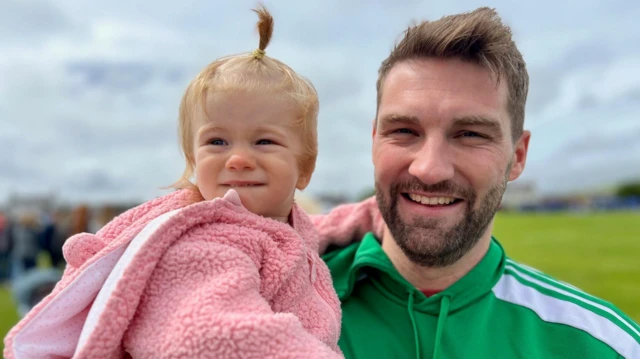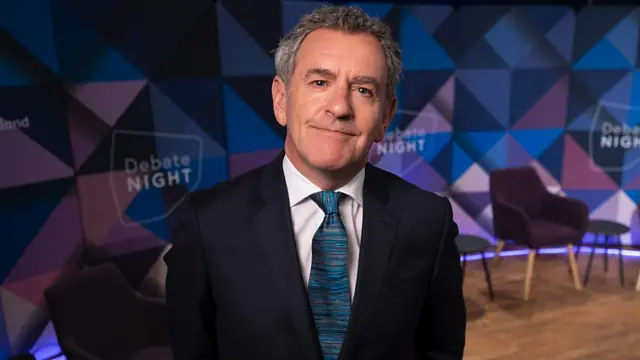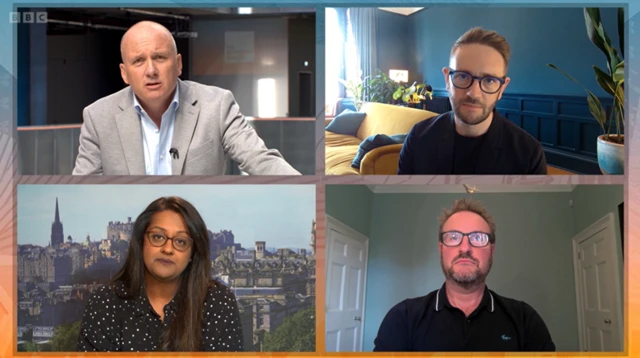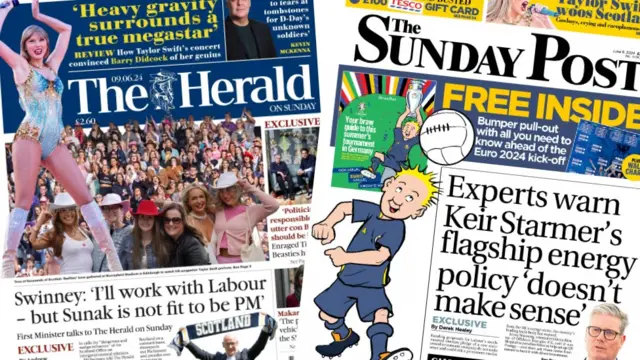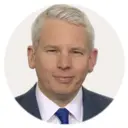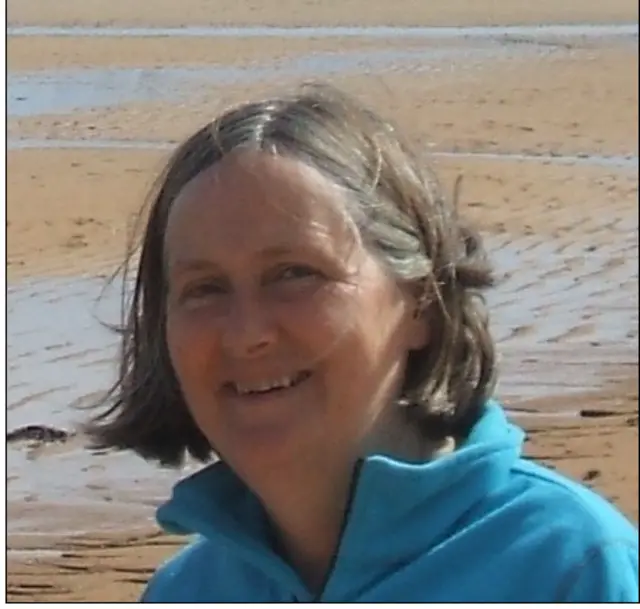Goodbyepublished at 13:21 BST 9 June 2024
That's all from The Sunday Show live page team for today.
Join us again next Sunday morning for the next in our series of leader interviews.
In the meantime, you can keep up to date with all the latest election news on the BBC Scotland website.
Your writers today were Craig Hutchison and Jonathan Geddes. The page was edited by Claire Diamond.
